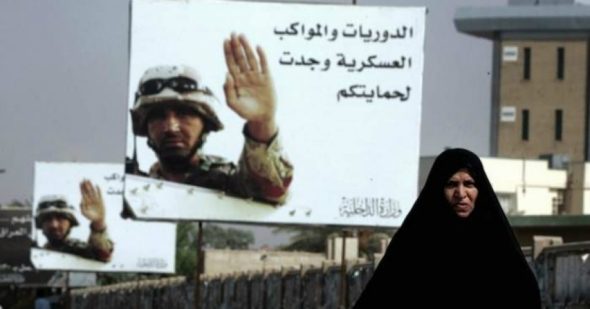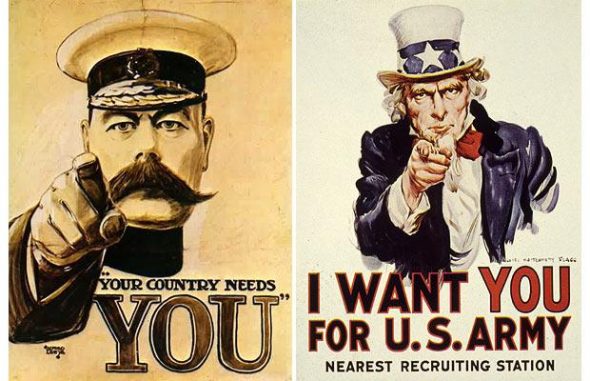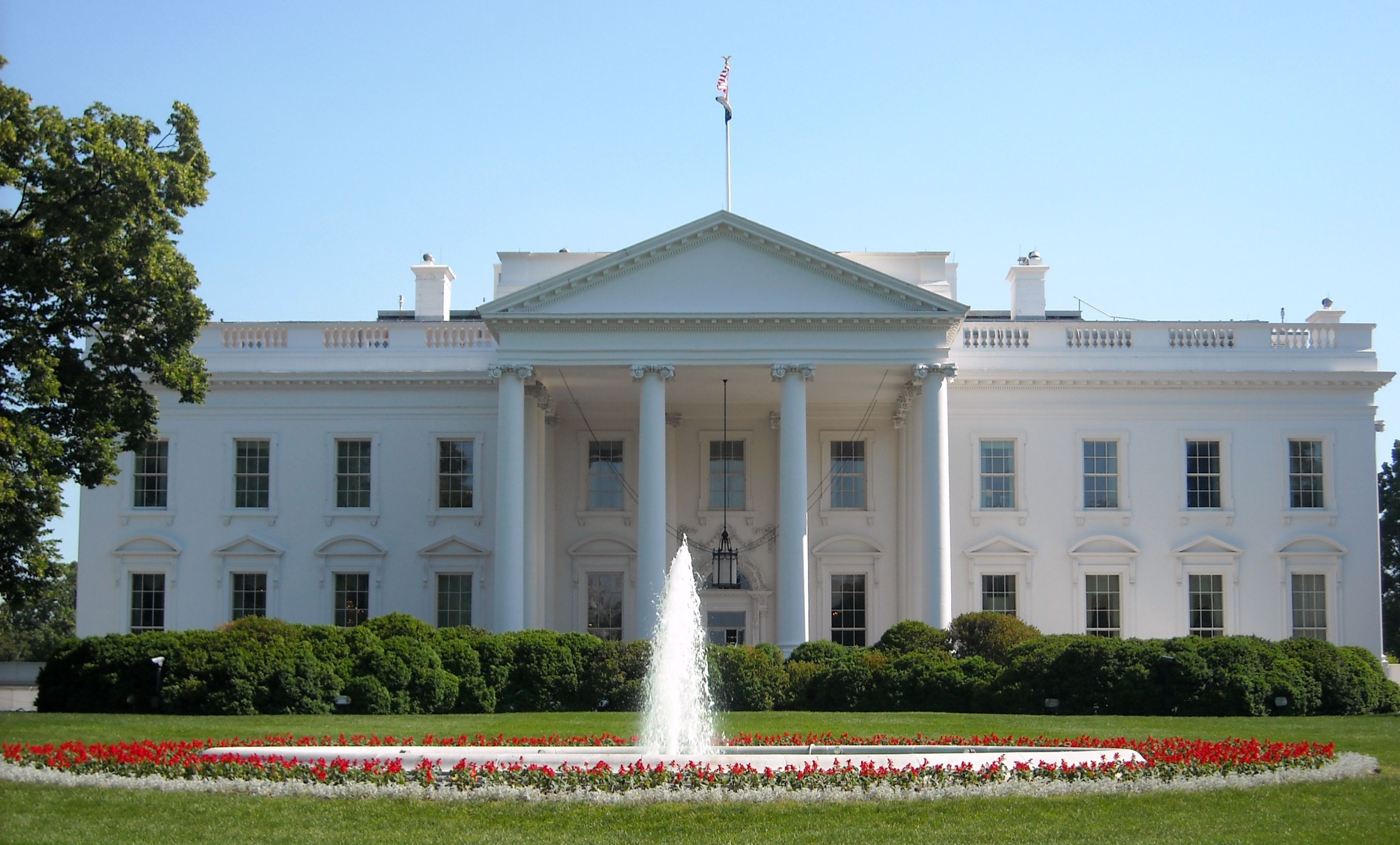
In early October, the Bureau of Investigative Journalism, based out of City University London, released a story that quickly became viral.
The United States Pentagon, CIA, and the National Security Council paid a dubious British PR firm $540 million dollars to create propaganda during the Iraq War.
According to one previous employee of Bell Pottinger, Martin Wells, the top secret operation was “shocking, eye-opening, and life-changing.”
Propaganda seems like a thing of the past. World War I and II era, right?
Wrong.

The U.S. Military is legally forbidden to use domestic propaganda on their own citizens, but in other countries, it’s still fair game.
Now, the discussion whether the U.S. Military should use propaganda is a whole other conversation that could span many, many blogs. The blame for this top secret program lands at the feet of the U.S. Military due to the fact they created and paid for it to be completed.
But, should PR firms participate?
Bell Pottinger is considered controversial and always has been. The founder worked closely with the Conservative Party in Britain, and is said to have helped them win three elections in a row.
Just wait, it gets worse.
The client list for this PR company include the authoritarian regime of Belarus, Saudi Arabia, and Asma a-Assad, the wife of Bashar Al-Assad.
Seems like a real reputable company. Multiple media outlets have labeled Bell Pottinger as a “spin doctor” in the world of public relations.
In 2004, Regardless of controversy, the U.S. military hired Bell Pottinger to “promote democratic elections” in Iraq.
According to Wells, the operation created soap opera scripts that showed the evils of terrorism, fake news stories that were edited to look like they were from Arabic News agencies, and even created fake Al-Qaeda recruitment videos.
The team filmed on low quality cameras, edited in certain ways, and encoded in a particular manner. Viewers believed the videos were actually posted by Al Qaeda. Of course, there was no fine print that said otherwise.
A special code was embedded into each video. When someone would watch the CD, a location and IP address ping would come back to Bell Pottinger and U.S. military personnel in Baghdad.
Wells said the video was obviously viewed in Iraq and Syria, but some IP addresses were in Iran.
One was even in the United States.
General Patreaus, and sometimes even the White House, signed off on all these activities.
Wells admits he wondered if he was “doing the right thing.” But, he didn’t end up quitting over it. He left the job after a little over a year simply because he didn’t like working in a war-zone.
Lord Bell, the past chairman, said they are very proud of their work in Iraq for the U.S. Government.
The U.S. military hid these campaigns and contracts pretty well, considering media only found the contracts 8 years later.
Bell Pottinger always knew what it was participating in, though. Should PR Firms have more ethical practices? What if they operated more like journalists? Should they accept hundreds of millions of dollars of U.S. taxpayer money when the public isn’t even aware of the secret contracts?
This will always be the argument.
The U.S. military hires contractors because they know these types of jobs are in a “legal gray area.” Why was Bell Pottinger so comfortable in this zone?
I argue that PR Firms do often spin information to make their client look better. But when this job becomes propaganda distribution, any reputable company should pull out immediately.
But, Bell Pottinger’s client was the strongest country in the world. There was a huge payout coming their way. Like so many other businesses, money overruled ethics once again.
Bell Pottinger is a lost cause. But, other PR agencies must learn from their moral mistake and stand up for what is right, even if their eyes bulge out at the paycheck.
Written by Bailey Netsch with Shabbir Sawar, Narmina Strishenets, and Leanid Pashkowski.

